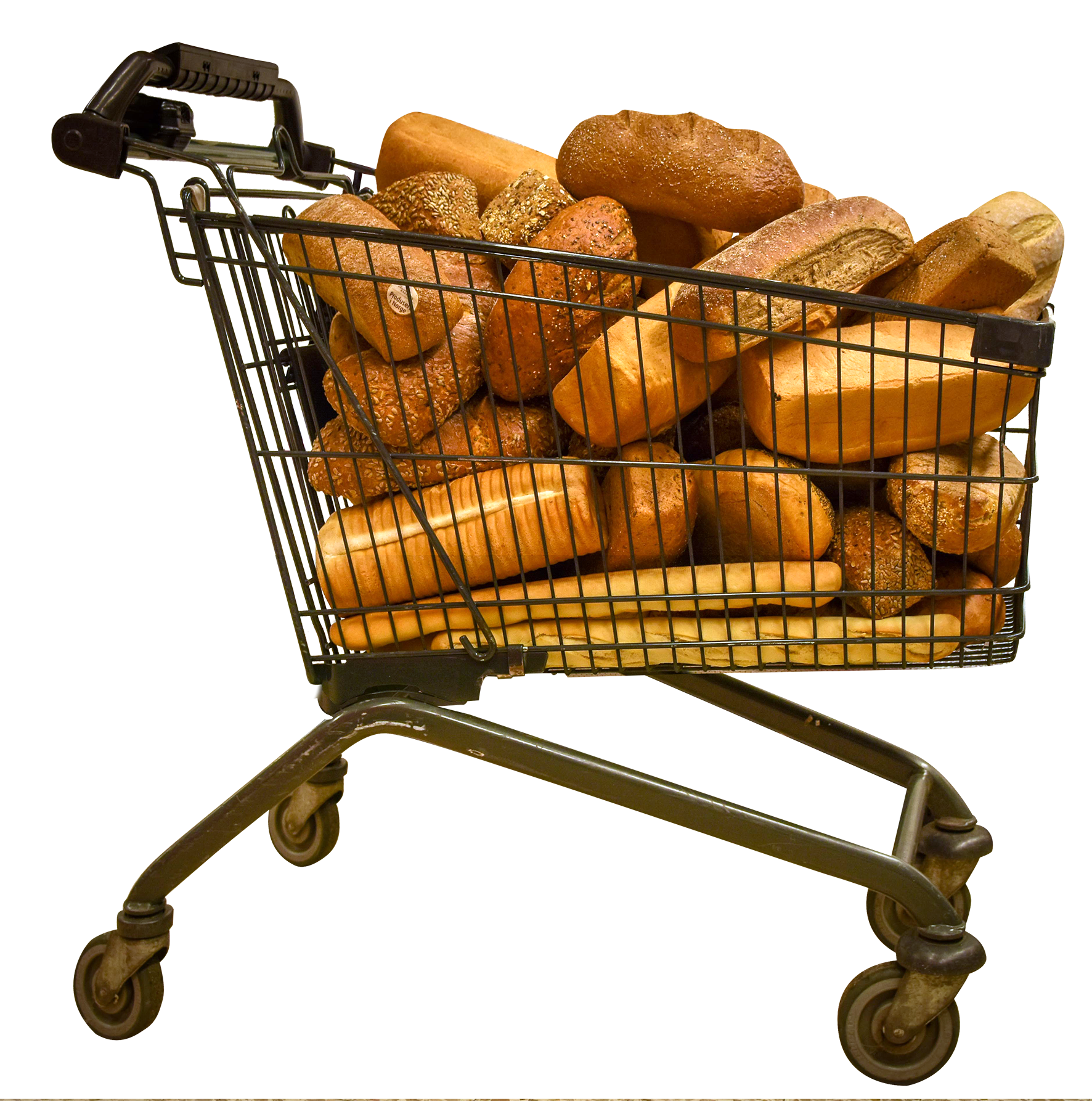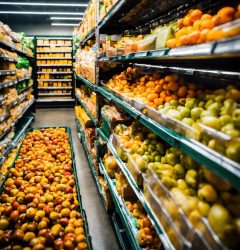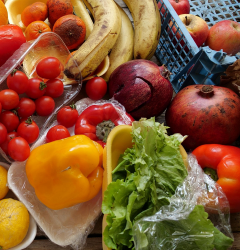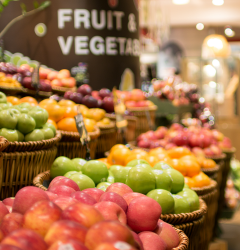17 Nov

How Can Businesses Reduce Food Wastage in Retail?
The global food waste problem is not a new issue. The UN estimates that 1/3 of all food produced for human consumption goes to waste, and the World Resources Institute has found that in North America alone, 40% of wasted food comes from retailers. In order to understand the magnitude of this wastage; 1/3rd of all food produced in the world equals 1.3 Billion tons of food. This shows how much food we are wasting when there are so many people in poor parts of the world who sleep hungry at night.
In this blog post we are only going to talk about the food wasted by retail businesses but what we as one human race should know is that the food wastage happens at almost all levels of the supply chain.
Let’s take a look at ways that retail businesses can reduce their contribution to this growing problem!
Train Employees on Food Wastage Issues
Many employees in retail do not understand how big of a problem food wastage is. In fact, many people who work in the corporate world don’t even see or notice their own actions when it comes to wasting food. The first step should be educating your staff on ways they can reduce wasteful practices within your business and ensuring that everyone from the managers down are doing everything possible to make a difference.
Try To Reduce Time to Market for Fresh Produce
The time from harvest to store is a huge part of what contributes to food wastage. Retailers need to consider how they can reduce the amount of time it takes for their produce and other products to get from farm or factory, into stores and onto shelves where customers can buy them. By reducing this timeframe retailers will be able increase sales as well as reduce the amount of produce that goes to waste.
Improve Transparency in Your Supply Chain
By increasing transparency in your supply chain you will be able to identify where the wastage is happening and get ahead of it. Think about ways that you can make this happen through technology, for example by using sensors or RFID tags on produce which states what farm they are from so customers know exactly where their product has come from when it finally goes into their basket.
Food Donation Programs
Many retailers are not aware of the fact that they can actually donate food to charities which then provide them with tax deductions for doing so! There is no reason why you cannot work out a way to do this within your business and help save some money while also helping those who need it most.
Avoid Overstocking and Use Expiration Date Tracking Technology
Retailers should also avoid overstocking and be smart about how much of each product they order from their suppliers or manufacturers, as well as having accurate data collection systems in place that allow them to monitor the amount of stock that is bought by customers vs. what is left unsold at the end of a given period. This will allow them to understand where there may be unnecessary waste occurring in their business.
These are 5 major ways that retailers can use to reduce food wastage in their business. The world is moving towards a more sustainable environment and businesses are also playing their part in achieving the high sustainability goal. So in order to make your food and restaurant food business more sustainable it is important that you invest time, effort and money in food wastage reduction. Contact us today to learn more about our wastage management solutions.
Related Post
Tags
Keywords
Tags
Resources
© 2020-2024 Link Retail. All rights reserved.










